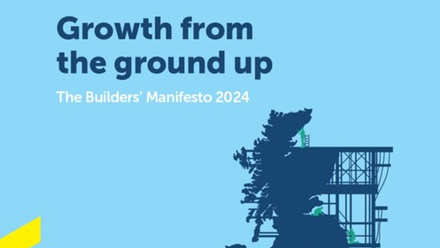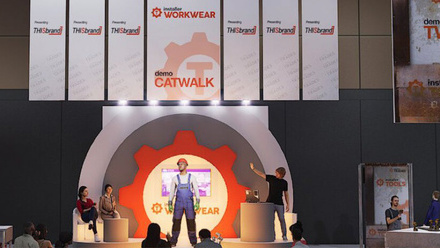A recent announcement from the Construction Leadership Council (CLC) warned of possible further price increases on building materials following the invasion of Ukraine, putting further pressure on supply chains that are already under strain.
The CLC reported that building material costs are going up by 10% on average, with a 20% increase expected on materials that use more energy in their manufacturing process as oil and gas prices skyrocket in Europe.
In the same week, British Steel have announced a price increase on all of their Structural Sections of £250 per tonne, with immediate effect. This follows a quick succession of price hikes by the company in January and early March, as they keep pace with the volatile market. As per the CLC, British Steel also credit escalating energy prices for the spiralling costs, along with sharp rises in the price of metallurgic coal and coke, ferrous scrap and iron ore.
What’s causing the building material shortage?
Prior to the crisis in Ukraine, the combined impact of Brexit, COVID-19 and gridlock on global shipping routes was already being felt across the building supply market. These factors all combined to create conditions for the perfect storm. Demand has outstripped supply, giving rise to longer lead times and price increases.
Layered on top of this, larger construction companies with bigger buying power have seen a boom in housebuilding and large-scale infrastructure projects like HS2. This has drawn resources away from other market areas, leading to further delays to building schedules.
Listening to some of the difficulties our members are experiencing with the availability and pricing of materials, we’ve set up a dedicated campaign to keep builders up to date. You can keep up to date on the latest news here.
What’s the impact of the war in Ukraine on building materials?
The impacts of the Ukraine-Russia conflict are yet to be measured. While products from Ukraine, Russia and Belarus only accounted for 1.25% of building product imports into the UK last year, the conflict may have a bigger knock-on effect on raw materials.
The CLC forecast that the squeeze is likely to come from the cost and availability of raw materials such as copper, aluminium ore, oil and bitumen, which are used in the manufacturing process of other building materials, such as:
- Copper – Used in plumbing, electrical wiring, cladding, flashing and solar panels
- Aluminium ore – Alloys used in window and door frames, air conditioning and heating components, solar protection, exterior facades
- Oil – Fuel, plastics, engine oils and lubricants
- Bitumen – Road and path surfacing, roofing, plastics, sealing and insulating materials eg paint and damp proofing
- Neon – Semiconductors (used in microchip production)
Neon in particular is under threat. Vital to the production of microchips through its use as a semiconductor, Ukraine was producing around 70% of global neon exports just before Russia’s invasion.
Across the border, a retaliatory export ban by Russia on some timber products might also affect availability for the building trade.
The CLC reports that while there are good stocks and availability of most products at present, supply challenges continue to affect bricks, aircrete blocks, roof tiles, steel lintels, cable trays and trunking, manhole covers, gas boilers, and some electrical products.
What’s being done to support builders?
Because of the global nature of the issue, the availability of building materials is unlikely to change overnight. As the voice of SME builders, we are campaigning for supply chains to be kept open and for smaller customers such as SME builders to be treated fairly with transparent access to allocations where these apply. We continue to speak with our members, industry leaders, politicians and the media to raise awareness of these issues and improve the flow of materials wherever possible.
Visit our building materials campaign page to keep up to date with the latest developments. You can also read the latest Construction Product Availability Statement in full on the CLC website.
If you have any concerns about material shortages linked to supply chains in Russia, Belarus or Ukraine, please contact the policy team at [email protected].






